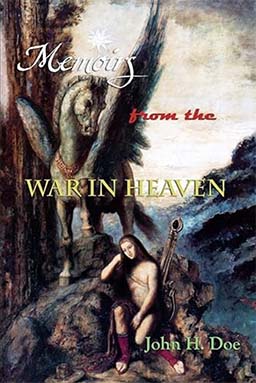> From this.
It comes down to trust. We trust that the Cogito, “I think therefore I am,” is something that must be true because we have verified that substantive logic is sure, it is secure. To deny the Cogito is nonsense. We trust that interlocking gears will turn each the other by the experience we have in contact mixed with motion, and in solidity and containment. Nothing in our whole observable universe contradicts the very notion that something like that could ever fail. But if we choose to take stock of such things, to notice what we take as given, we find there is a lot that we trust in to get us through the simplest days, to get through the very act of getting up in the morning.
How far does the trust go? Science works through reason and observation, and reason we have a lot of trust in, by its very nature. Observation we trust, that which we can hold in our hands, figuratively speaking. Logic explains itself to us, if we examine it closely enough. Such is the beauty of the world. And all of that, we have really learned to take for granted. (If we did not, perhaps we would all be frozen in wonderment at it all. Perhaps.) But behold: other matters of trust, of Father, Son, and Holy Spirit: are these immune to science? I think not. Because we have seen the Son, we have seen the Father, and if we have seen the Father, then we may believe in His Spirit. That’s how things work. Have you not seen the Son? By Whom we number our very years? It is no sin of science to also believe.



Leave Your Response
You must be logged in to post a comment.